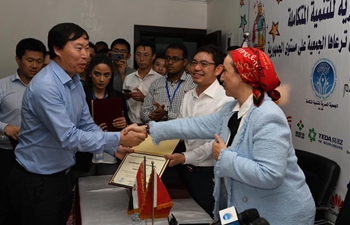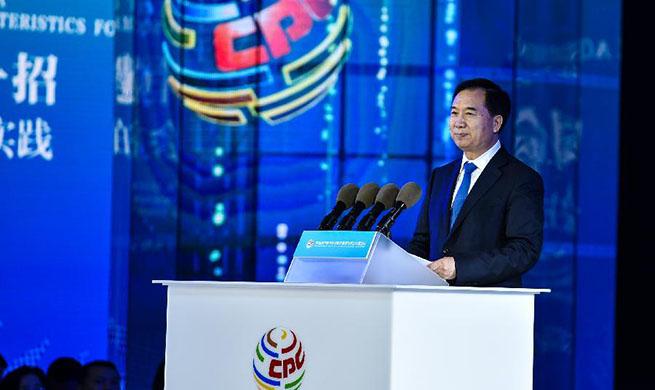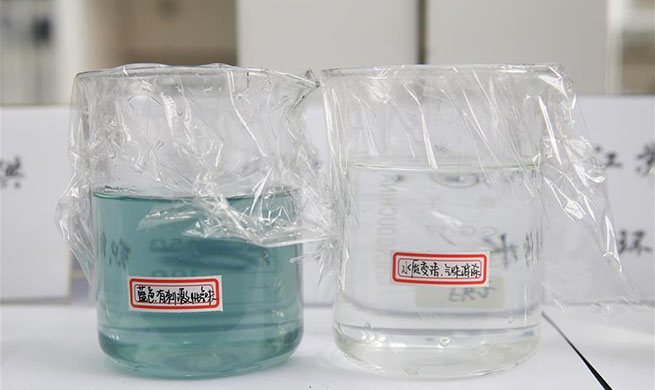CANBERRA, May 28 (Xinhua) -- A report into Australia's trillion-dollar superannuation industry will urge the government to establish a new body to allocate some of the 350 billion U.S. dollars in retirement savings for workers who do not nominate their preferred fund.
According to newspaper reports on Monday, the Australian Productivity Commission will release a landmark report on Tuesday into the performance of the sector, from the members' perspective.
It is expected to be a damning analysis, highlighting woes and inefficiencies, and a chronic drain on the 1.97 trillion U.S. dollar industry.
The Productivity Commission, the government's peak economic adviser, will expose data which confirms that 359 billion U.S. dollars a year falls into default funds for Australian workers, leaching billions of dollars in fees.
Superannuation is a scheme to ensure income in retirement for Australians. Federal law currently insists that employers pay 9.5 percent of a worker's salary - on top of wages - into compulsory schemes, although plans are in place for that percentage to rise in 2021 and 2025. Businesses must nominate a fund that they will pay super into if an employee cannot or does not choose their own fund.
The landmark Productivity Commission report is expected to recommend a new way for unions and employers to select a default fund, but will not open the field for competition, as some major banks had hoped.
Headed by deputy chair Karen Chester, the Commission is expected to release sufficient evidence and outcome forecasts to bring about change for members. It will be the final stage of a three-part probe into the system, designed to ensure members get bang for their buck.
The final report is expected to address default funds, multiple accounts, poor performing funds and money sucked away from retirement savings.
In order to protect Australian workers, the Commission previously suggested a tender process to select five to 10 super schemes based on net returns, fees, member satisfaction, member services and investment strategy.
While there is no deadline for the government to respond to the recommendations, the Productivity Commission is planning to issue further reports and a timetable to 2020 for the reforms.
A financial system inquiry in 2014 found fees were higher than comparable overseas systems, but regulators allowed the situation to continue.

















